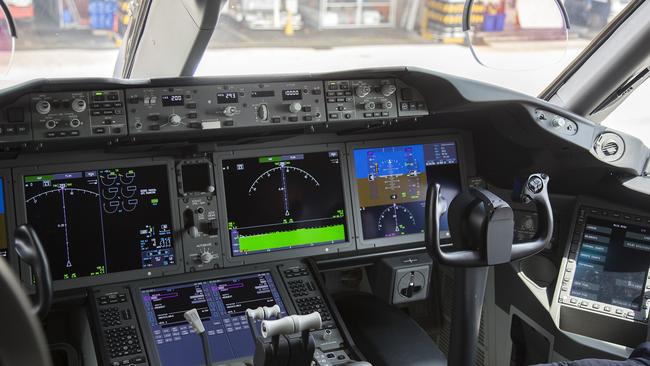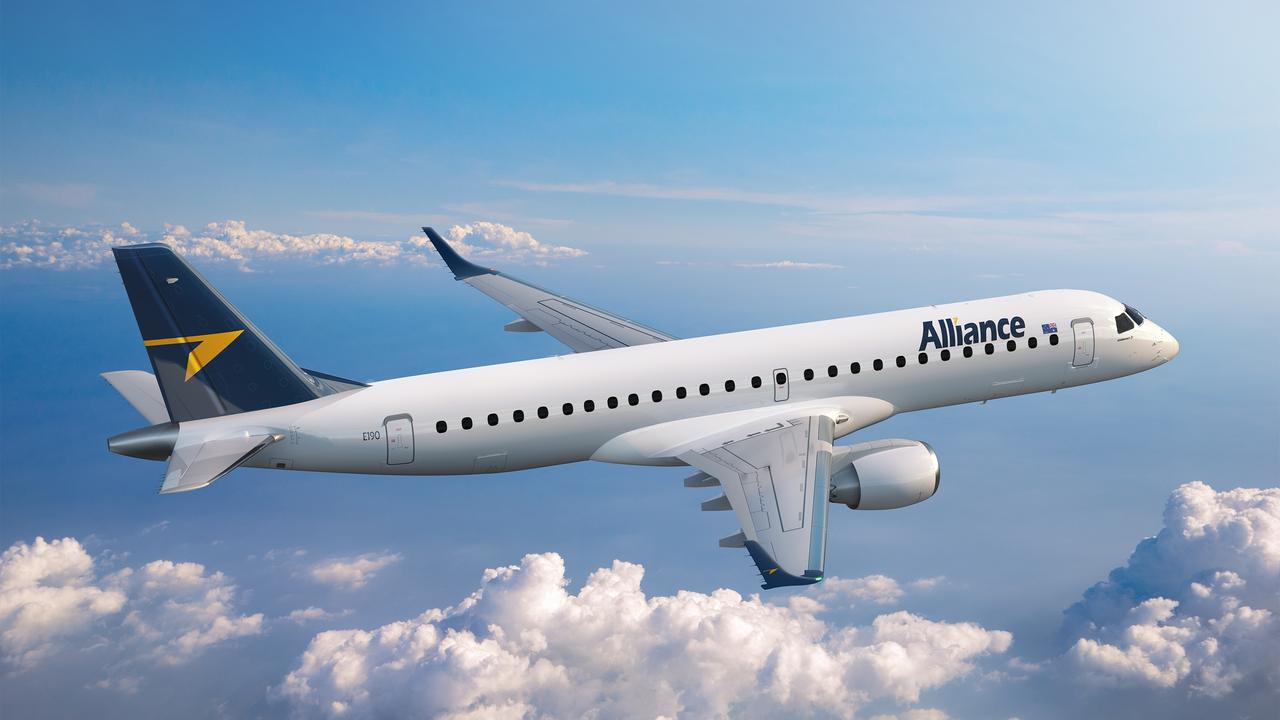Automation an issue for next generation of pilots
Pilots of the future will need to be able to cope with ‘highly sophisticated’ automation and even autonomous aircraft.

Pilots of the future will need to be able to cope with “highly sophisticated” automation and even autonomous aircraft, a document released by a prominent aerospace group says.
The Royal Aeronautical Society Australian Division has pointed to concerns that regulations reflect training requirements for “past aviation technology’’.
“Today’s problems relate to pilot shortages, the difficulty of attracting young people into this role and regulations that reflect training requirements for past aviation technology,” according to a new document that sums up points raised during a recent high-powered forum.
“Tomorrow’s problems relate to the selection and training of pilots who can cope with and integrate with highly sophisticated automation or indeed autonomous aircraft.”
The comments are contained in a letter sent to politicians after the society’s recent inaugural safety forum that was attended by senior executives and government agencies across civil aviation. The document is a summary of points raised during the forum. It says the general aviation industry “does not adequately prepare pilots for a future in the highly automated world”.
“In order to ensure that the pilots of the future meet the needs of the future flight deck, the professional civil aviation industry needs to update recruitment assessment practices to assess applicants’ abilities in cognitive task analysis thus allowing them to interface with the highly automated aircraft of the future,” it says.
The comments come at a time when a pilot shortage weighs on airlines across the globe. Closer to home, Qantas has said it is in the midst of “one of the biggest” pilot training programs in its history. As well, there has been a shortage of flight instructors as airlines have been poaching them to work as pilots.
At the same time, aircraft are becoming increasingly automated, but this has sparked debate about the effect this has on the way pilots fly.
On drones, the document pointed to the potential for technology to drive solutions where the drones were flying in busy airspace such as an unmanned traffic management system and geofencing. Geofencing technology puts curbs on where drones can fly and some groups have argued that it can help mitigate risks for remotely piloted aircraft.
The document says the majority view was that the regulator and industry had a significant role to play in managing activity from the gadgets. “Education of drone users was seen as vital and again industry can play an important role,” the paper says.


